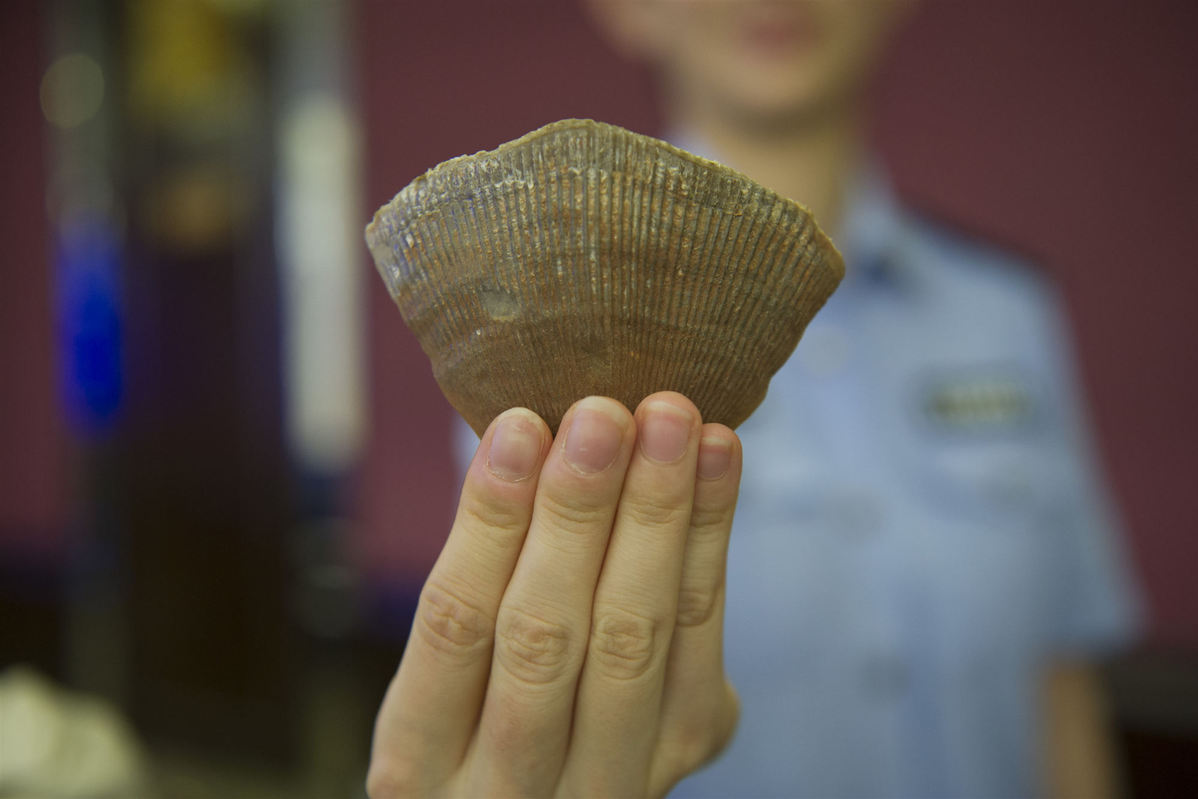Concerns mount for Chinese pangolin
By Yang Wanli | China Daily | Updated: 2019-09-11 08:53

Action to take
In 2007, China banned pangolin hunting, and since October has suspended all commercial imports of pangolins and related products. Under the Wild Animal Protection Law, the Chinese pangolin is a national second-class protected species, and trade in its meat is prohibited. An amendment to the law, enacted in 2016, banned the trading of pangolins on the internet.
In August, an official from the State Forestry and Grassland Administration said the authorities were considering upgrading protection of the Chinese pangolin to the highest level, due to its population declining in the wild.
Wu Zhimin, director of the administration's animal and plant department, said a document to this effect is awaiting central government approval, and the decision will be announced by the end of the year.
Meanwhile, Wu said the administration is facing another challenge in pangolin protection. The number of live Sunda pangolins being saved from illegal cross-border trade has posed a heavy financial burden on local wildlife animal rescue and protection centers, most of which lack experience in breeding pangolins in captivity and do not have the budget to house the animals.
Under CITES guidelines, nations must send confiscated animals back to the home country, or to a "government-designated rescue center", or other "appropriate" places.
But this does not always happen, according to protection advocates, who said it can be expensive or impractical to transport some wild animals to their home country and that some member nations do not have designated rescue centers.
























